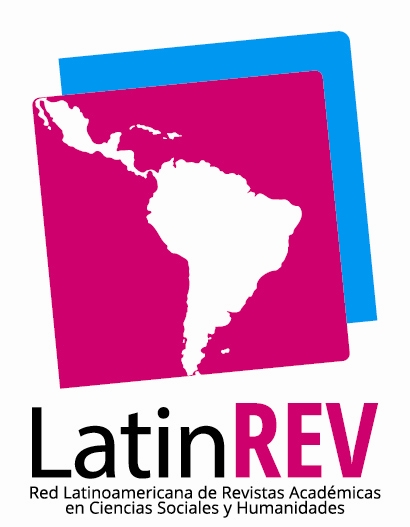The role of assessment in the digital public school educational sistem. A tol that promotes control or emancipation?
Keywords:
neoliberal educational policies, neoliberalism, digital schools, evaluation, accreditation, participative evaluationAbstract
During the last thirty years, the government of the Province of San Luis has been implementing neoliberal educative policies that imply a movement of the State toward privatization in economy. Within this frame, discourses and practices of assessment have been a tool for regulation that gives place to a new configuration of practices closer to control than to democratic assessment. The last “educational reform” was implemented in order to provide answers to the new requirements of the “society of knowledge” by proposing a Digital Educational System. In this proposal, evaluation deepens control mechanisms; for this reason, the focus of this work is on the analysis of the assessment practices proposed in public digital schools. To this end, the role of evaluation will be analyzed in two dimensions: the first one is the role of the State in the assessing of the project, analyzed by unraveling discourses and assessment practices the provincial State carries out in order to legitimize economic decentralization in education. The second dimension refers to practices of student assessment proposed in these schools, rooted on excellence and personalized teaching, both discourses that mask learning practices centered on accreditation, where the aim is to inform the subject, leaving aside the formative dimension of the students, and pushing them away from collective senses that promote emancipation practices.
Downloads
References
Andres, M. (2000) La evaluación educativa, sus prácticas y sus metáforas. Editorial Horsori. Barcelona.
Anteproyecto de Ley Escuela Pública Digital (2010) Recuperado en www.sanluis.gov.ar/
Ardoino, J. (2000) “Consideraciones teóricas sobre la evaluación en educación”, en Rueda Beltrán, M y Díaz Barriga, F (comps): Evaluación de la docencia. México. Paidos.
Corti, A. (2010) “Escuelas digitales”. Artículo periodístico publicado en la revista electrónica Peligro Ciencia. Nº 34-Setiembre 2010. Recuperado en https://labusquedaonline.wordpress.com/2010/09/15/escuela-digitales/
Diaz Sobrinho, J. (2001) “Evaluación institucional. Breve historia de conflictos y difícil construcción”. En Pedagogía Universitaria, Formación del docente universitario. IESAL/UNESCO. Venezuela.
Diaz Sobrinho, J. (2003) “Avaliaçao da Educaçao Superior. Regulaçao e emancipaçao
En Diaz Sobrinho y Ristoff Evaliaçao e compromisso público. Editora Insular. RAIES. Brasil
Mc Cormick, R. y James, M (1996) La evaluación del curriculum en los centro escolares. Ediciones Morta. Madrid.
Nienberg, O.; Braberman, J.; Ruiz, V. (2000) Evaluar para la transformación. Innovaciones en la evaluación de programas y proyectos sociales. Editorial Paidos. Buenos Aires.
Perrenoud, P. (1990). La construcción del éxito y el fracaso escolar. Editorial Morata. Madrid.
Perrenoud, P. (2008) La evaluación de los alumnos. De la producción de la excelencia a la regulación de los aprendizajes. Entre dos lógicas. Editorial Colihue, Alternativa pedagógica. Buenos Aires.
Ristoff, D. (2003) “Algumas Definiçones de Avaliaçao”. En Diaz Sobrinho y Ristoff “Evaliaçao e compromisso público”. Editora Insular. RAIES. Brasil.
Downloads
Published
Issue
Section
ARK
License
Copyright (c) 2011 Paola Figueroa

This work is licensed under a Creative Commons Attribution 4.0 International License.






